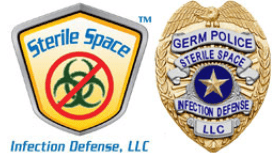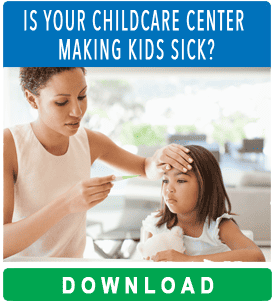Originally Published by Everyday Health
Respiratory syncytial virus (RSV) is a common virus that infects most children by the time they turn 2. Although RSV is harmless in most cases, it can lead to serious illness in babies 12 months and younger (especially those born prematurely) and children with weak immune systems.
About 2 to 3 percent of babies with RSV develop complications that may require hospital care, making RSV the leading cause of infant hospitalization in the United States.
In most children with RSV, symptoms resemble those of the common cold and start about two to five days after virus exposure.
Early Symptoms of RSV
The first signs of RSV infection in children include:
- Nasal congestion
- Runny nose
- Fever (100.4 degrees F or higher)
- Cough — wet (producing mucus or phlegm) or dry
- Sore throat
Fatigue
Babies 12 months and younger may be irritable and have breathing trouble; some may begin breathing faster than usual, says Sharon Nachman, MD, the chief of the division of pediatric infectious diseases at Stony Brook Medicine in New York.
In very young infants the only symptoms of RSV may be breathing difficulties, irritability, or lethargy (decreased activity).
Nasal congestion along with the breathing issues can lead to poor feeding in infants and young children.
>>CLICK HERE to Read the Full Article on EverydayHealth.com





